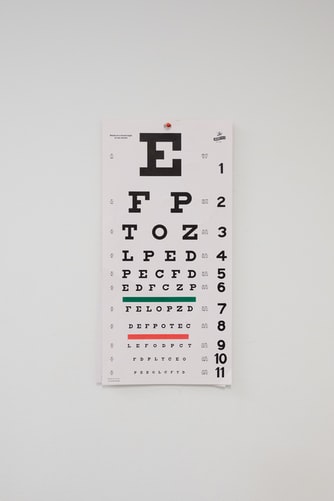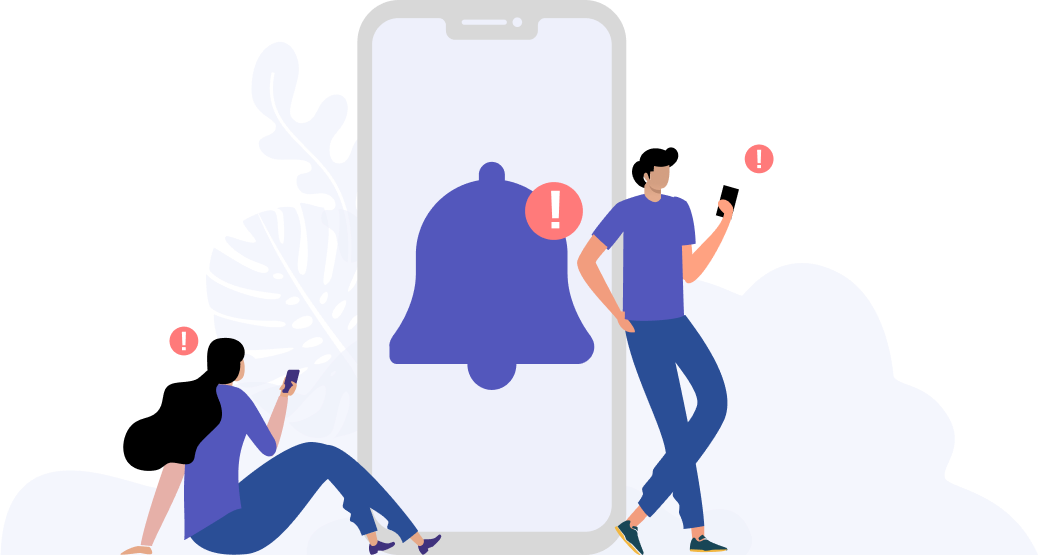Eye checks: A necessity or a waste of money for your children?
Regular eye-checks in children are more important than we realise.

The importance of an eye check
You may have heard the saying “prevention is better than cure” before. When it comes to eye health, this could not be more true.
Eye checks are one of the best ways you can take care of your child’s eye health and they are not just for those who need to get spectacles. They are also crucial in helping to detect any other potential eye problems and eye diseases.
It is sometimes difficult for children to tell if they have an eye problem or not as they may initially only feel slight discomfort, and by the time the problem is detected, it may have already progressed significantly. Therefore, discovering eye problems in their early stages means that there is a higher chance of halting its progression, and even the possibility of a complete cure.
Hence it is important for children to get their eyes regularly checked.

Eye checks are not scary!
If your child has any anxiety about going to the optometrist for an eye check, tell them not to worry! It is not like visiting the dentist at all – eye checks do not hurt. To have the smoothest eye check experience possible, you should prepare your child in advance by running through with them exactly what is going to happen at the doctor.
Here is what a typical eye check could comprise of, but of course the type and number of tests will differ depending on factors such as your child’s age and pre-existing conditions (if any), which the optometrist will take into consideration when conducting your child’s eye check:
– Testing of vision (with or without spectacles)
– Assessing the reflexes of the pupils (the black circles in the centre of the eyes)
– Checking of eye muscle function
– Peripheral vision testing
– Checking the front of the eye using an upright microscope
– Eye pressure tests
– Checking the back of the eye

When and how often should you take your child for an eye check?
The frequency of when you should take your children for an eye check depends on your child’s age and whether they have any predisposing risk factors for eye problems, but a general guideline for how often children should go for an eye check is as follows:
For infants and toddlers (birth to 24 months old), their first eye check should be between the ages of 6 and 9 months.
For preschool children (2 to 5 years), they should undergo an eye check at least once within this period, ideally at the age of 3 years.
For school-age children (6 to 19 years), they should go for an eye check at least once every 1 to 2 years.

Early eye problem detection starts with regular eye checks. We at Plano have made the process simple and hassle-free for you. Simply use planoEyecheck, where you can find a nearby optometrist and book an appointment slot with them for your next check! planoEyecheck also has an appointment tracking system, so you never have to worry about missing an appointment.
Tools Designed for Healthier Eyes
Explore our specifically designed products and services backed by eye health professionals to help keep your children safe online and their eyes healthy.





